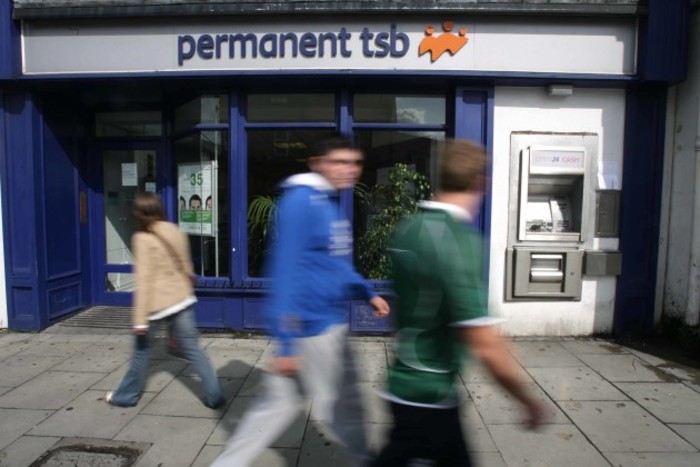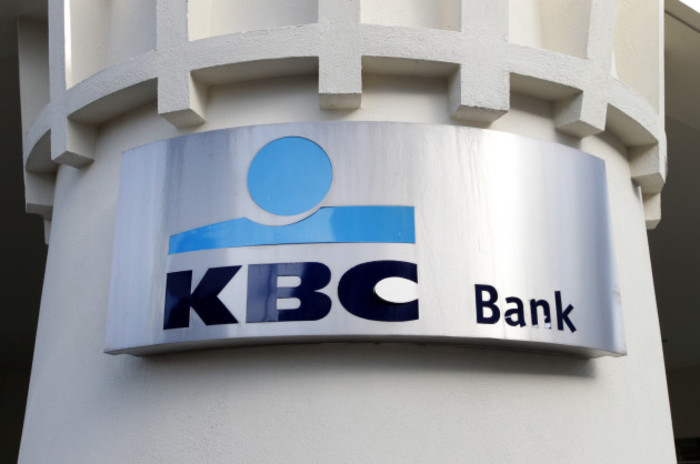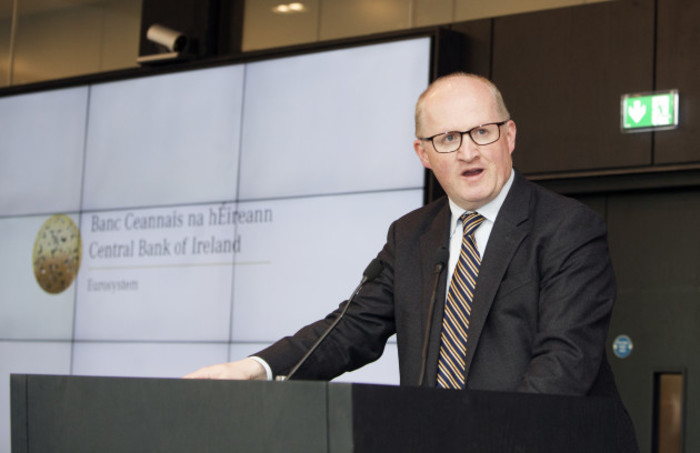The key questions still unanswered about Ireland's tracker mortgage scandal
The big lenders have all apologised after being hauled in front of the government.
IT’S TIME TO see what results – if any – will come from raking Ireland’s banks over the coals.
Some of the country’s most senior banking executives were hauled in by the Department of Finance earlier this week to explain what they are doing to address the tracker mortgage scandal.
Today AIB, Bank of Ireland, Permanent TSB, Ulster Bank and KBC all released statements outlining what they are doing to sort out the situation, in which they overcharged thousands of their customers.
Finance Minister Paschal Donohoe said that the behaviour of the banks was “disgraceful”, adding that the overcharging was a “scandal”.
However, even with these new statements, several of the core issues around the tracker scandal are still unclear. Here’s a rundown of some of the major points still yet to be resolved:
How many people were affected?
The number of bank customers estimated to have been caught up in this has never been 100% clear.
In 2015 Permanent TSB first announced there had been problems in its Springboard subsidiary and started paying compensation to about 7,000 affected customers.
After the Central Bank made further inroads investigating more banks, this number rose by an additional 8,200.
Last week, the regulator said 13,000 impacted accounts were identified, bringing the total to 20,000 including initial PTSB accounts.
Today, KBC, which had previously been silent on the extent of the problems in its mortgage book, revealed that it has identified about 1,000 customers it overcharged. It expects an additional “200 to 600 may be impacted”.
This number is expected to rise higher still, with some suggesting as many as 30,000 people could have been affected.

How long it take for all victims to get redress?
While it is acknowledged that the banks owe their customers redress, it is unclear how long tracker victims will have to wait to get it.
Two years after the issue came to light, some organisations are much further ahead than others. Both AIB and Permanent TSB have dealt with the vast majority of the affected customers they have identified.
Most lenders committed today to complete the vast majority of their redress and compensation by the end of the year, although some are yet to even start.
Some banks have a lot more to do than others. For example, KBC hasn’t even identified all its impacted customers, so it’s extremely unlikely they will all be compensated by the end of the year.

Will customers look for more compensation?
While the banks have set aside millions to spend on redress, they could have to fork out even more, for several reasons.
One variable is the customers. Some who were overcharged have spoken of the huge pressure they were put under to make payments and the toll that took, with people reporting effects such as panic attacks.
Many victims are said to be unhappy with the compensation they’ve been offered by their lenders and are considering further action.
Dozens of Permanent TSB customers have appealed the redress they were awarded. For example, one couple, Liam Fitzgerald and Angela Wallace, were eventually repaid the full €61,000 they were overcharged instead of the €6,000 they were offered.
Customers at other banks could also look to take further action against their lenders if they are unhappy with what’s on the table.
Were the banks in cahoots?
One of the more contentious issues around the tracker mortgage scandal is whether or not the banks were acting together.
Suspicions of this have been fuelled by the fact that all the big banks all did pretty much the same thing in wrongly moving their customers off, or denying them access to, tracker rates within a similar time frame.
Central Bank Governor Philip Lane said while it was possible that there was cartel-like behaviour, the regulator has not seen evidence of it so far.
“We remain open-minded, but it doesn’t require cartel behaviour if they all have the same common incentives and common culture, the fact that they behave in a similar fashion is going to happen,” he told the Oireachtas Finance Committee last week.
 Central Bank Governor Philip Lane
Central Bank Governor Philip Lane
Taoiseach Leo Varadkar has said it is “premature” to say whether or not there was collusion between lenders and said we must wait until the Central Bank investigation is finished.
Will anyone be held accountable?
Several lenders have already had their wrists slapped by the Central Bank over the tracker scandal.
Permanent TSB was left to pay a €4.5 million fine imposed on its former subprime unit Springboard, while there has been calls for Gardai to open a criminal investigation.
However, so far there has been no enforcement action taken by the Central Bank against individuals, such as executives who were in charge at the banks when they were overcharging their customers.
Governor Lane has said that individual bankers may face fines, however the Central Bank has not given any more detail on this, saying that it needs to first conclude its investigation into the practise.
Sinn Féin finance spokesman Pearse Doherty has accused the banks of theft and called for sanctions against individuals who were involved in the overcharging.
We will have to wait and see as to whether anything concrete is actually done.






